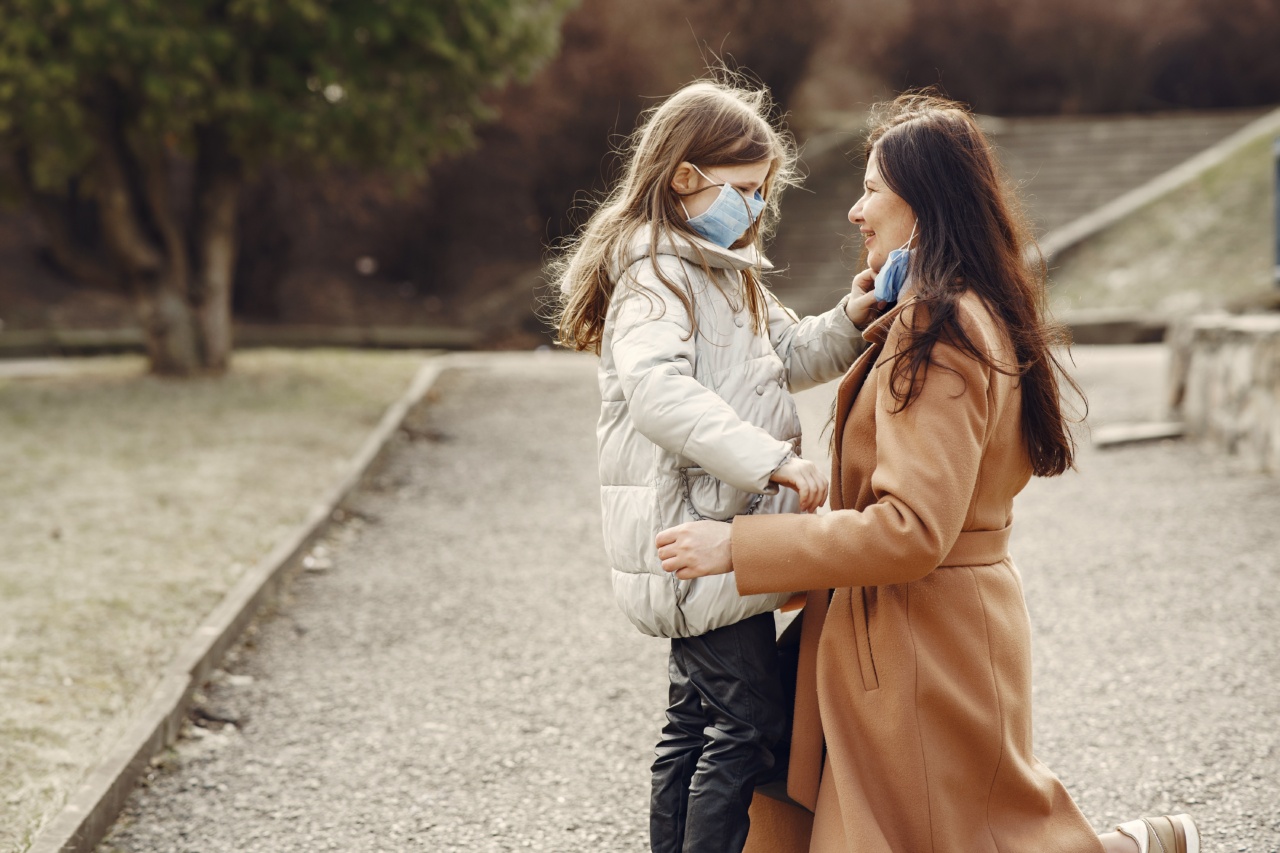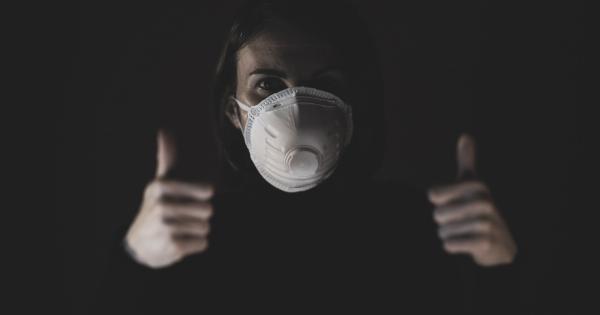Common colds are often dismissed as a minor inconvenience, causing nothing more than a runny nose and a few sniffles.
But did you know that the common cold can have deadly consequences, especially for those with compromised immune systems? In this article, we will explore the dark side of a seemingly harmless virus and discuss effective ways to protect yourself and your loved ones from its potentially fatal impact.
The Unseen Dangers of the Common Cold
While most healthy individuals may experience only mild symptoms when infected with the common cold virus, certain groups are at a higher risk of developing severe complications.
These groups include infants, young children, the elderly, pregnant women, and individuals with chronic health conditions or weakened immune systems.
For these vulnerable populations, a common cold can escalate into more serious respiratory illnesses such as bronchitis, pneumonia, or sinusitis. In severe cases, it can even lead to hospitalization or, tragically, death.
The mortality rate may be low overall, but it’s essential to recognize the potential risks associated with the common cold.
Understanding the Common Cold Virus
The common cold is typically caused by the rhinovirus, although other viruses like the adenovirus and coronavirus can also play a role.
The virus spreads through respiratory droplets when an infected person coughs or sneezes, or by touching contaminated surfaces and then touching the face.
Once the virus enters your body, it attacks the lining of your nose, throat, and sinuses. This invasion triggers an immune response that leads to the telltale symptoms of a cold, such as a runny or stuffy nose, sore throat, cough, and mild fever.
While most individuals recover within a week or two, the aftermath can be significantly worse for those with weakened immune systems.
Strengthening Your Immune System
To protect yourself and your loved ones from the deadly side effects of the common cold, it’s crucial to support and boost the immune system.
While no magic pill can guarantee immunity, incorporating certain lifestyle habits can significantly enhance your body’s defense mechanisms.
1. Eat a Balanced and Nutrient-Rich Diet
A healthy diet plays a vital role in fortifying your immune system. Focus on consuming a variety of fruits, vegetables, whole grains, lean proteins, and healthy fats.
These foods provide essential vitamins, minerals, and antioxidants that strengthen your body’s ability to fight off infections.
2. Get Sufficient Sleep and Manage Stress
Ample sleep and stress management are crucial for maintaining a robust immune system. Aim for 7-9 hours of quality sleep each night and incorporate stress-relieving practices such as meditation, yoga, or engaging in hobbies you enjoy.
3. Exercise Regularly
Regular physical activity not only boosts your overall health but also enhances immune function. Aim for at least 150 minutes of moderate-intensity exercise or 75 minutes of vigorous exercise per week.
Engage in activities like brisk walking, cycling, or swimming to reap the immune-boosting benefits.
4. Practice Good Hygiene
Proper hand hygiene is essential in preventing the spread of the common cold virus. Wash your hands frequently with soap and water for at least 20 seconds, especially before eating, after using the restroom, and after being in public spaces.
If soap and water are unavailable, use hand sanitizer containing at least 60% alcohol.
5. Avoid Close Contact with the Infected
Avoid close contact with individuals who are showing symptoms of a cold or any respiratory illness. Viral particles can spread through the air when an infected person coughs or sneezes.
Maintaining a safe distance and wearing a mask can significantly reduce the risk of transmission.
6. Keep Your Living Environment Clean
Frequently disinfect commonly touched surfaces like doorknobs, light switches, countertops, and electronic devices. Use products that are effective against viruses and follow the instructions provided by the manufacturer for proper usage.
7. Stay Up to Date with Vaccinations
While there is currently no vaccine specifically targeting the common cold, staying up to date with recommended vaccinations, such as the flu shot, can help prevent complications from related respiratory illnesses.
Consult with your healthcare provider to determine which vaccines are appropriate for you and your loved ones.
Recognizing and Addressing Early Symptoms
Being aware of the early signs and symptoms of a cold is essential in preventing its progression and potential complications.
If you or a loved one experience symptoms such as a runny nose, congestion, cough, sore throat, or a mild fever, take proactive measures to prevent further spread.
Isolate yourself or the affected individual from others to minimize the risk of transmission. Increase fluid intake, rest, and use over-the-counter medications to relieve symptoms as directed.
If symptoms worsen or persist for an extended period, seek medical advice from a healthcare professional.
Conclusion
Although the common cold is often disregarded as a minor inconvenience, it carries the potential for severe complications, especially for vulnerable individuals.
By understanding the deadly side of a common cold and taking necessary precautions, we can protect ourselves and our loved ones from its harmful effects. Strengthen your immune system, practice good hygiene, and seek medical attention when necessary to stay healthy and safe.































